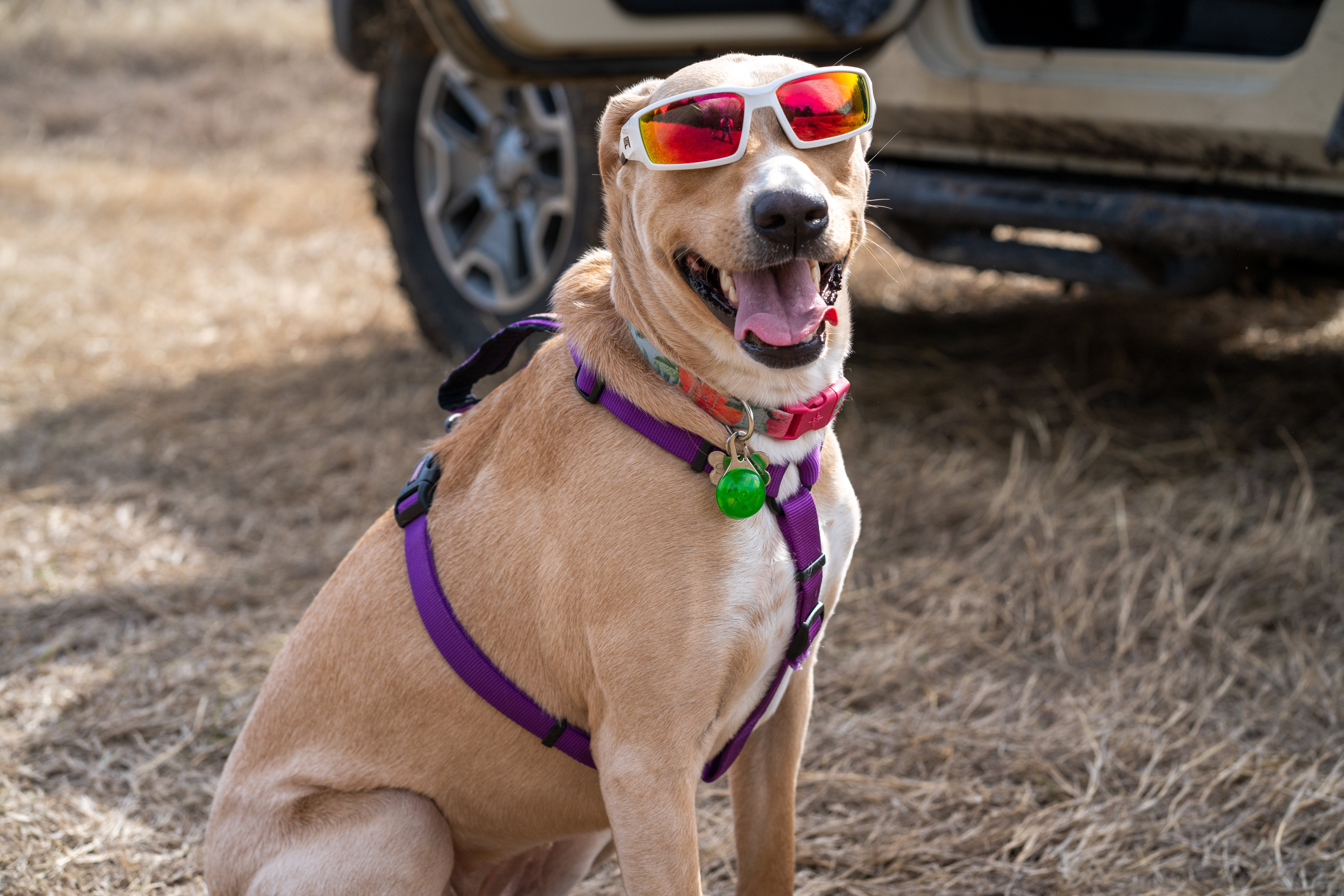
Bigger, Better, and Healthier: A Guide to Keeping Your Large-Breed Dog in Top Shape
Owning a large-breed dog comes with its own set of joys and responsibilities. These magnificent companions bring love and loyalty into our lives, and it's essential to ensure they thrive in terms of health and happiness. In this comprehensive guide, we'll explore key strategies to keep your large-breed dog in optimal health, from nutrition to exercise and regular veterinary care.
- Tailored Nutrition for Large Breeds
- Balanced Diet:
Large-breed dogs have specific nutritional needs, and providing a well-balanced diet is paramount. Choose a high-quality dog food formulated for large breeds, ensuring the right balance of protein, fats, and carbohydrates to support their growth and overall health. - Avoid Overfeeding:
While it's tempting to indulge your furry friend, overfeeding can lead to obesity, placing additional strain on their joints. Follow feeding guidelines provided by your veterinarian and monitor your dog's weight to maintain a healthy physique.
- Joint Health and Exercise
- Low-Impact Exercise:
Large-breed dogs, particularly those prone to joint issues, benefit from low-impact exercises. Regular walks, swimming, and controlled play sessions provide exercise without putting excessive stress on their joints. - Joint Supplements:
Consider incorporating joint supplements into your dog's diet, especially if they belong to a breed susceptible to hip or elbow dysplasia. Consult with your vet to determine the right supplements and dosage for your specific dog.
- Regular Veterinary Check-ups
- Preventive Care:
Large-breed dogs are susceptible to certain health conditions, including hip dysplasia, arthritis, and cardiac issues. Regular veterinary check-ups help catch potential problems early, allowing for timely intervention and preventive measures.
- Vaccinations and Parasite Control:
Stay current on vaccinations and maintain a regular parasite control routine. Large-breed dogs, with their size and susceptibility, may be more prone to certain parasites, so preventive measures are crucial for their well-being.
- Weight Management
- Monitor Body Condition:
Pay careful attention to your dog's weight, since too much weight can aggravate joint problems and lead to other health issues. To keep their weight in check, modify their diet and activity program. - Consult Your Vet:
If you notice any sudden changes in weight, appetite, or behavior, consult your veterinarian promptly. These can be early signs of underlying health issues that need attention.
- Comfortable Living Spaces
- Orthopaedic Beds:
Large-breed dogs benefit from orthopedic beds that provide adequate support for their joints, especially as they age. Ensure their sleeping area is comfortable and well-padded. - Access Control:
Be mindful of your dog's access to stairs, especially for breeds prone to joint problems. Limiting stair usage can help minimize stress on their joints and prevent potential injuries.
- Hydration and grooming
- Ample Water Supply:
Provide your large-breed dog with a constant supply of fresh water to support their overall health. Hydration is crucial, especially for larger dogs with higher activity levels.
- Regular Grooming:
Regular grooming not only keeps your dog looking their best but also allows you to check for any skin issues, lumps, or bumps. Large breeds may have specific grooming needs, such as nail trimming and ear cleaning.
In conclusion, caring for a large-breed dog involves a holistic approach that encompasses nutrition, exercise, regular veterinary care, and a comfortable living environment. By being proactive in maintaining their health, you ensure that your large-breed companion enjoys a long, happy, and healthy life. Tailor your care routine to the specific needs of your dog's breed, and consult with your veterinarian for personalized advice. With proper care, your large-breed dog will not only be a cherished part of the family but also a shining example of vitality and well-being.





